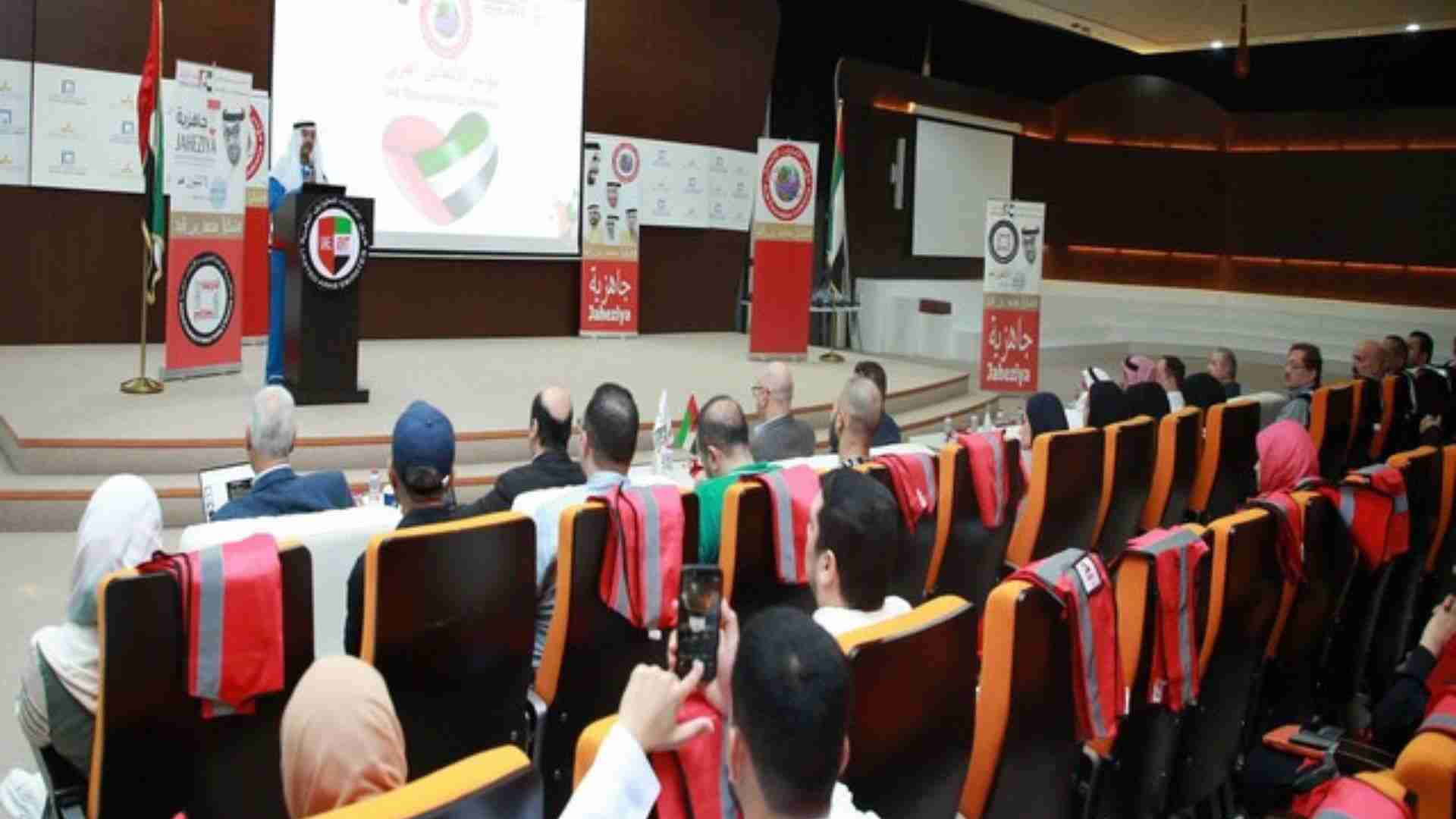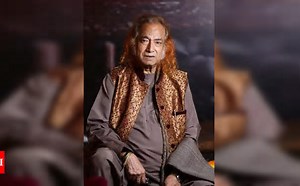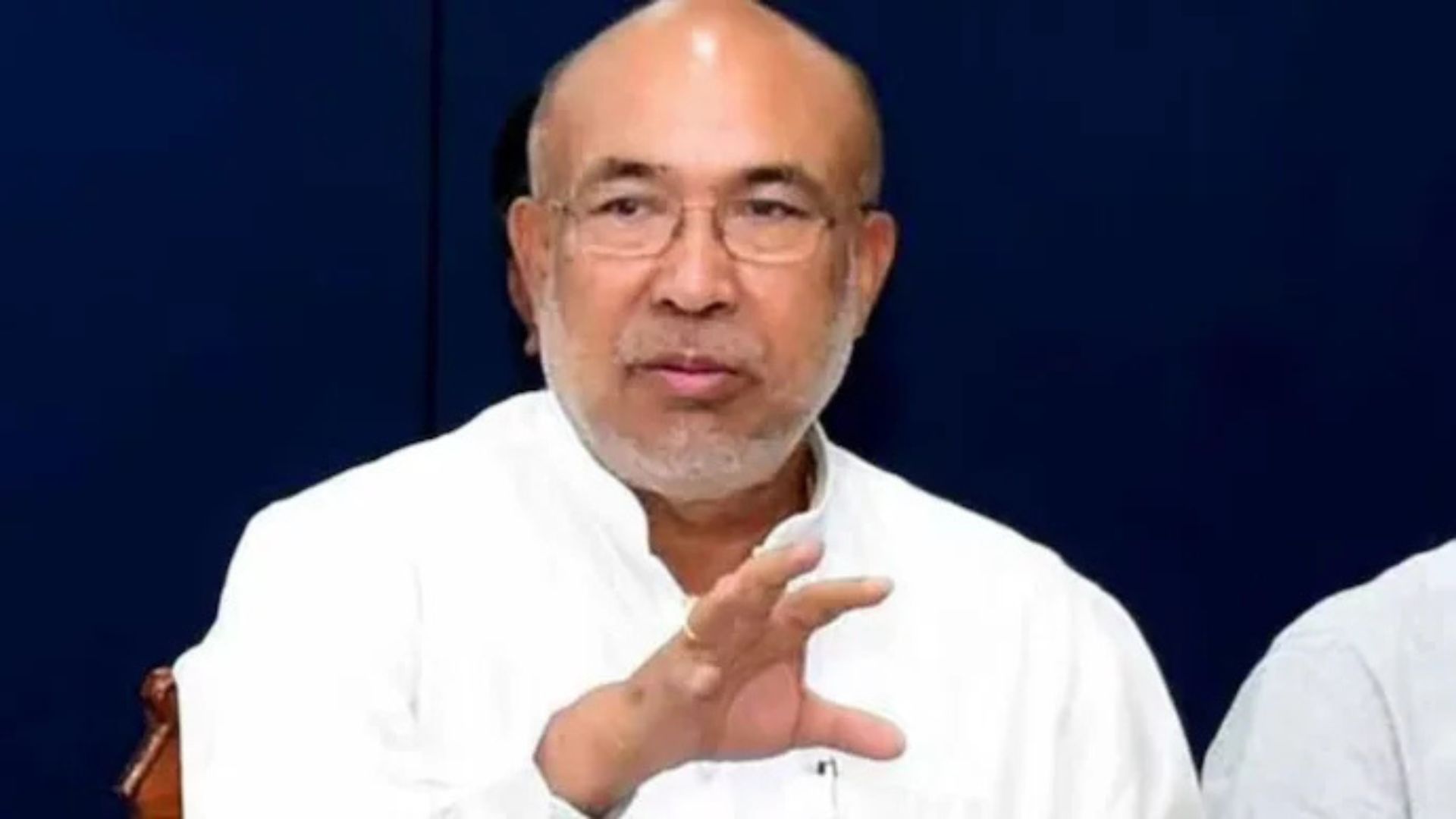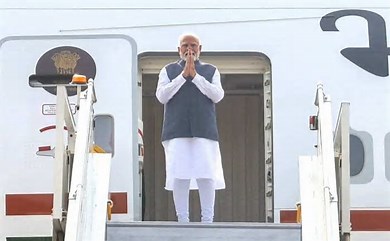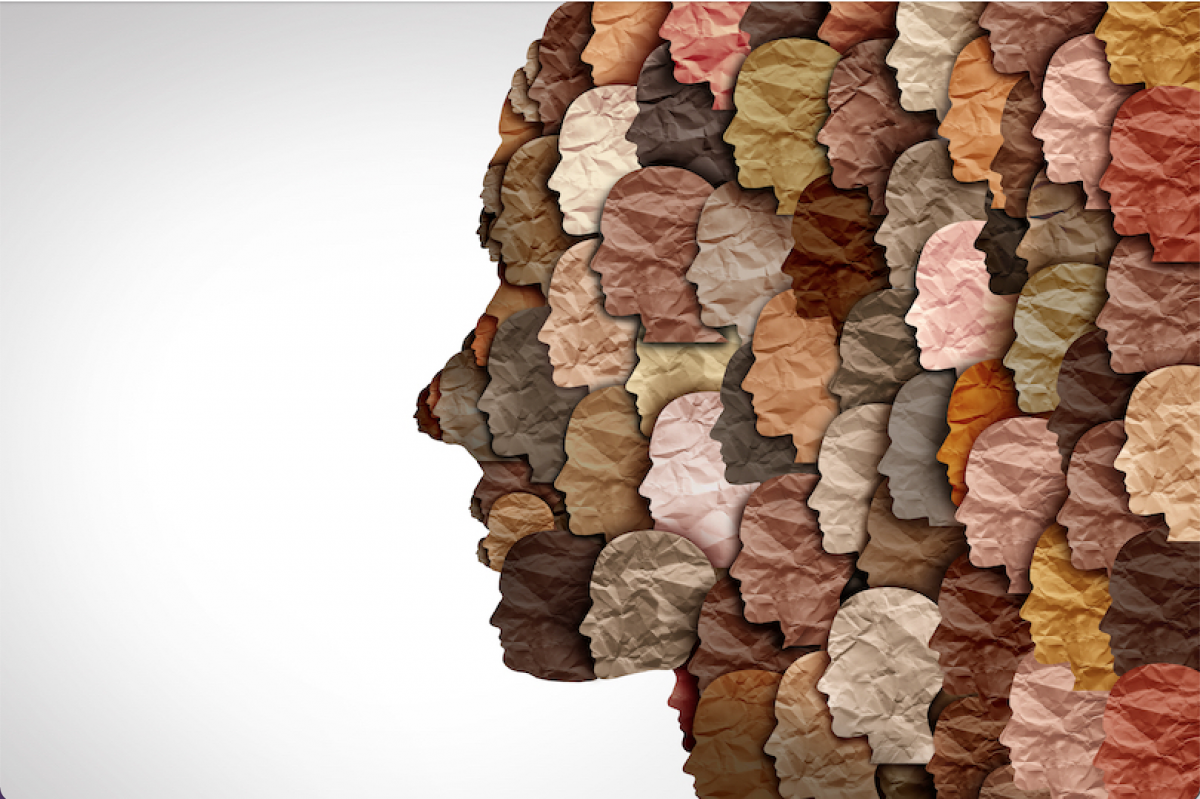
Ideologies are born out of an enlightened leader or a group of leaders thriving to scuttle the notions of identity by either turning back to trace them up in history or driving the posterity with a vision for social harmony and cohesion. It is true to witness the political discourses of fragmentation and ideologies of fracture imbibing the notions of identity politics through various kinds of groupings. We all know how identities evolve over a period of time with the contemporary nuances of episteme.
Our social well-being is etched in the conceptual domain of universal harmony, but not in distorting the dogmatic cultural or social ethos to deconstruct the liberal thinking paradigms of life in general. His Majesty, Misuzulu Ka Zwelithini is to be the new King of Zulu Kingdom. The coronation of the King will take place on September 24,2022 at Kwa Khangelamankengane Palace. It may be declared a public holiday in South Africa. Tribalism is the quintessential norm of legacy and lineage even in the neo-liberal domains of power, wherein identity is still conceived to be born from the ancestry but not from their leadership traits, education, team dynamics, emotional intelligence or the history of achievements in their chosen career.
Identity politics may not be easy to confront for the new age statesmen if they do not go by the nuances of how social constructs condition our ideological affiliations or political groupings. Grasping the touchstone methods of our Postmodern Patriarchs or Matriarchs, our political/social reality is consciously constructed through media campaigns, cinematic hallucinations of the hyper real utopia and strident chaotic freeze in our contemporary political discourse. It is more or less like office gossip without any accountability or one way of letting their anger against the boss through irresponsible gossiping. Sometimes, such extrapolations of news may end up in the political cosmos of cacophony.
There seems to be a dyspepsia in our cultural discourse to deconstruct the tenets of liberal social interface, which could sometimes be leading to revive archaic interpretations of immediate social irrelevance. These fabrics of postmodern hermeneutics solidify the concrete blocks of cosmetic voracity of our social and political gameplans that our modern Aristotles refurbish with the aid of ideologues and intelligentsia.
Most of our messages are realistic only if you stay in the realm of conscious choice amidst the wavering ethos of consumerist ambivalence. Our stoic nature of sanity may have sensed ambiguous paradigms of political or social choices now and then, as we stay in the storms of temporary gains/loss throughout the sweeping changes of social anarchy. Our social harmony is embedded in the rockbed of rationalised inclusiveness rather than politicised exclusiveness.
India is a nation of various regional identities and cultures wherein a large number of oral texts stand upon heritage, folk/classical music, ballads and architecture to precipitate plurality of our ethos beyond any sort of simplistic cultural homogenisation. Our folk traditions are exemplary models of oral literature yet to be recorded completely to celebrate the cultural nuances of various identities.
Even our classical traditions are not yet fully accessible to the ordinary citizen, as these are still not part of our core epistemological domain to a large extent. Our cave paintings, edicts and folklores celebrate our local traditions and carnivals. Our tribal medical literature is not yet explored scientifically or systematised through any standard procedures, but they are still alive and conducive to several people, seeking a way out of highly commercialized practices existent in our health system. Pharma cartels may not compromise on their hegemony over popular health belief systems. Our traditional medical practices such as Siddha, Ayurveda, Acupressure and Unani thrive upon solutions but not marketing to a certain extent. Profiteering seems to be the norm of several service providers on several occasions.
The canvas of our corporate consumerism dwells upon a highly synergetic gameplan of unified signification rather than unity in diversity. Our cultural semiotics could demystify the pluralistic ethos of our rural economy if ever they are empowered with technology in organic farming and local retailing. Our street vendors are as important as our super market chains. Their contributions could be acknowledged with local social networks and rural trade networks supporting them consistently. We can recall the words of Mahatma Gandhi: “India lives in her villages.” Is it feasible to support our rural farming communities and street vendors with unique local trade networks? Will it create new social identity for the poorest to emerge as middle class if the farm labourers and local merchants work together through collaborative mechanisms of technology?
Multiculturalism celebrates the intellectual legacies of globalised citizens beyond the boundaries of our knowledge society. Our identity constructs are transitory too. However, some of us will love to be in communion with our heritage. The soul of our national heritage strives upon the idea- “the world is one family (Vasudeva kutumbakam).” We are all one in the universal communion of love beyond all notions of identity.
All the indigenous works of art and architecture constitute one’s cultural identity in every civilization. The consummated materialism evades the philocrisies of art and architecture with the inevitable simulacra of hyper reality. The aesthetic dissimilarities of our local traditions need to be preserved with or without cosmetic changes. Our conservatives and neo-liberals are caught up with the conflicts of Western epistemology over the Eastern epistemology. We are the mute spectators of this endless cultural ambivalence and dichotomy.
The orginary essence of the Eastern epistemology stays in its ecological extension of its aesthetics through art and architecture. The intellectual traditions of the West constitute the cultural semiotics of our postmodern reality construed within the premise of continuous evolution of the self and the other. Our identities are not absolute as Bhagavat Gita claims: “Everyone and everything dissolves into the Absolute One (Sarvame Narayanam).” The canons of several subcultures and traditions are yet to be concocted in the textual form. The world is a dynamic text with fleeting transitions of culture.
Mangalaprathaban Muralidharan is a corporate trainer, course developer and
curriculum consultant

